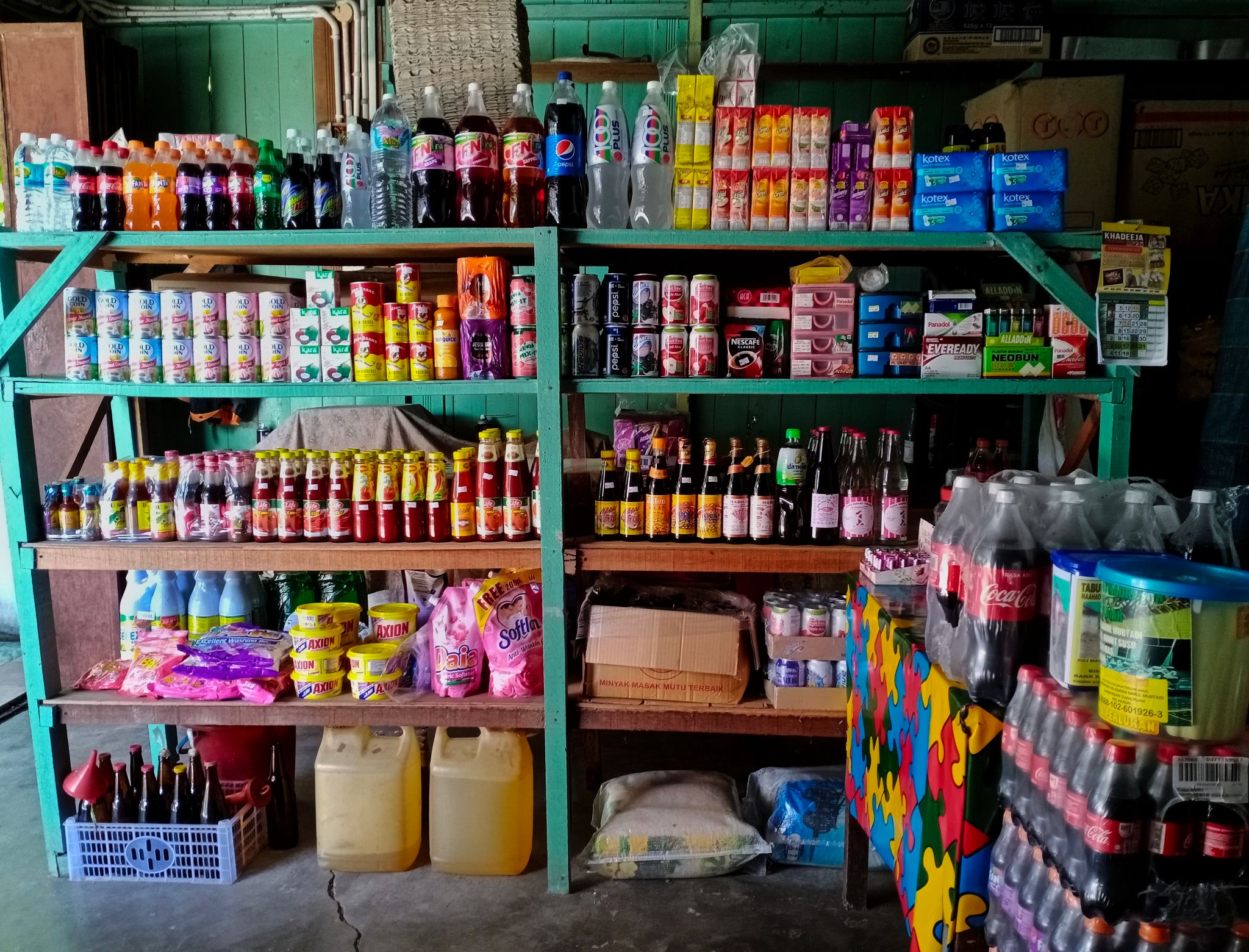Top Trends in the Small Commodity Wholesale Industry
Introduction to Small Commodity Wholesale Trends
The small commodity wholesale industry is a dynamic sector that continuously evolves to meet changing consumer demands and market trends. As we delve into the current landscape, several key trends are shaping the future of this industry. From technological advancements to shifts in consumer preferences, these trends are crucial for businesses looking to stay competitive and profitable.

Embracing E-commerce and Digital Platforms
One of the most significant trends in the small commodity wholesale industry is the increasing adoption of e-commerce and digital platforms. Wholesalers are now leveraging online marketplaces to reach a broader audience, offering their products globally with just a few clicks. This digital shift not only boosts sales but also provides valuable data insights that help in inventory management and customer engagement.
Furthermore, the integration of digital payment systems has streamlined transactions, making it easier for businesses to complete orders efficiently. As more wholesalers embrace these technologies, they can expect improved operational efficiency and customer satisfaction.
Sustainability and Eco-Friendly Products
With growing awareness of environmental issues, there is a rising demand for sustainable and eco-friendly products in the small commodity wholesale market. Consumers are increasingly opting for products that have minimal environmental impact, prompting wholesalers to source goods that meet these criteria.

Businesses that adapt to this trend not only contribute positively to the environment but also appeal to a broader customer base interested in sustainable living. This shift towards sustainability can enhance brand reputation and open up new market opportunities.
Personalization and Customization
Another trend gaining traction is the emphasis on personalization and customization of products. Wholesalers are offering more options for customers to tailor products according to their preferences. This trend is particularly popular in sectors like fashion and home decor, where individual tastes vary significantly.
By providing customizable options, wholesalers can differentiate themselves from competitors and foster customer loyalty. This approach not only meets specific consumer needs but also encourages repeat business.

Adopting Advanced Technologies
Technological advancements such as artificial intelligence (AI) and machine learning are revolutionizing the small commodity wholesale industry. These technologies enable better demand forecasting, inventory management, and customer service, leading to more efficient operations.
For example, AI-powered chatbots can handle customer inquiries 24/7, providing immediate assistance and enhancing the shopping experience. By adopting these advanced technologies, wholesalers can stay ahead in a competitive market landscape.
Conclusion
The small commodity wholesale industry is undergoing significant changes driven by digital transformation, sustainability, personalization, and technological innovation. Businesses that embrace these trends can expect to thrive in an ever-evolving market. By staying informed and adaptable, wholesalers can position themselves for success and capitalize on emerging opportunities.